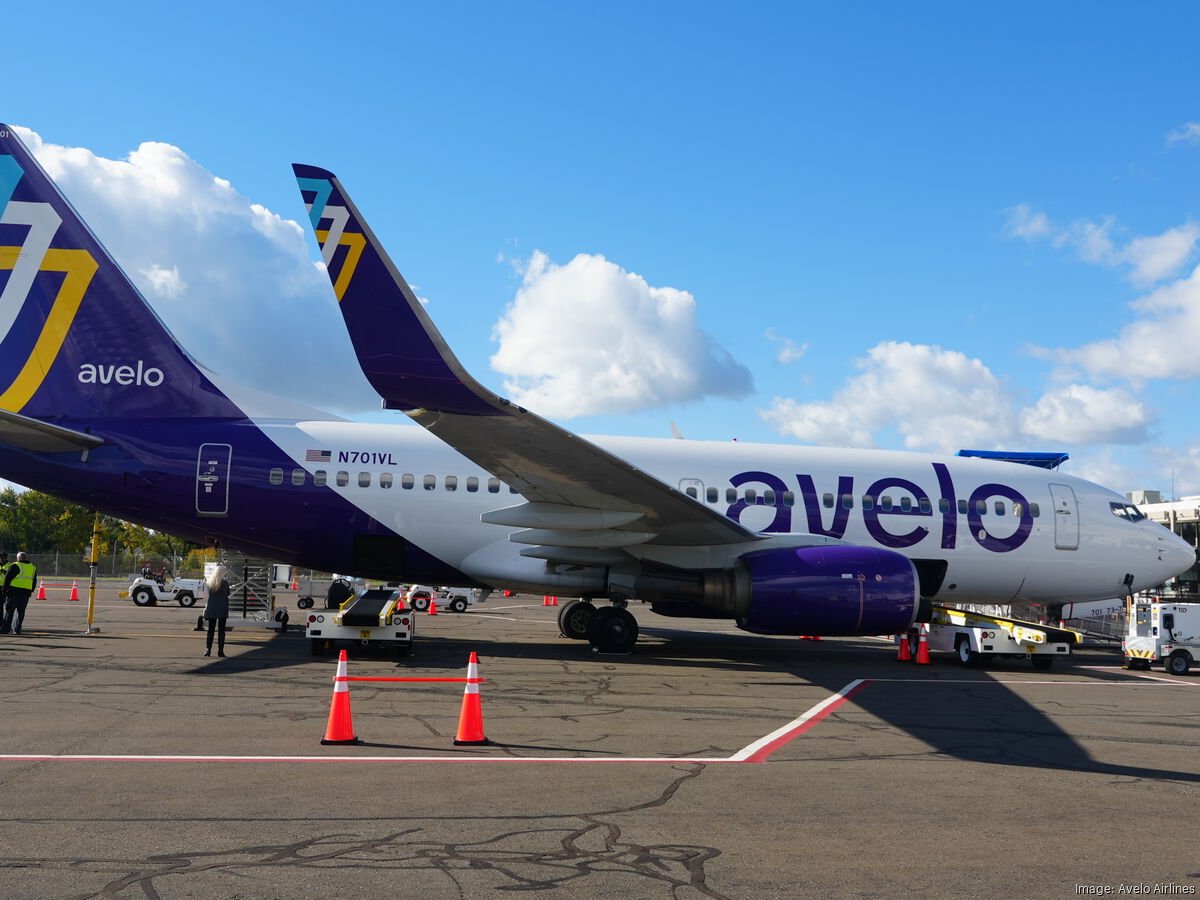Air travel plays a vital role in connecting cities, supporting local economies, and enabling tourism and business. When airlines choose to reduce or cancel flights to or from a city, it can send ripple effects across the region. Jacksonville, Florida, is currently facing such a challenge with several recent Jacksonville flight discontinuations affecting travelers and the local economy alike. In this article, we’ll explore what’s happening, why it’s happening, and what it means for Jacksonville’s future.
The Current State of Jacksonville Flight Discontinuations
In recent months, several major airlines have announced route cuts affecting Jacksonville International Airport (JAX). These include the suspension of nonstop service to certain mid-sized and even larger cities, as well as reduced frequency on existing routes.
Affected destinations include:
- Midwest cities like Milwaukee and Cleveland
- Some Northeast connections such as Boston and Philadelphia
- Select seasonal flights to tourist-heavy areas
While the number of affected routes may not seem enormous, each cut represents fewer travel options for residents, and fewer visitors for Jacksonville.
Why Are Airlines Cutting Flights to Jacksonville?
There are a few key factors behind the Jacksonville flight discontinuations:
1. Pilot Shortages and Staffing Challenges
Since the pandemic, the airline industry has struggled with staffing, particularly among pilots and technical crew. Smaller and mid-tier cities like Jacksonville often feel the squeeze first when airlines must make tough decisions on where to allocate limited resources.
2. Post-COVID Demand Shifts
Passenger demand hasn’t returned evenly across the country. Airlines have prioritized profitable hub-to-hub routes and leisure-heavy destinations, sometimes at the expense of mid-sized cities that show slower recovery in business travel.
3. Operational Cost Increases
Jet fuel prices, inflation, and maintenance costs have risen, making it less viable for airlines to maintain underperforming or low-volume routes.
4. Airline Mergers and Realignments
Ongoing airline consolidations and code-sharing agreements also play a role. Route planning is more centralized now, and cities like Jacksonville sometimes get sidelined in favor of mega hubs.
What This Means for Jacksonville Residents and Businesses
The consequences of flight route discontinuations in Jacksonville reach beyond convenience. Here are a few of the broader impacts:
Limited Travel Options for Residents
Locals now face longer layovers, fewer non-stop options, and potential travel delays. This affects not just leisure travel but business travel, medical trips, and family visits.
Tourism Sector Setbacks
Fewer incoming flights can discourage visitors, especially from cities that previously had direct service. Local hotels, restaurants, and attractions could see dips in revenue as a result.
Business and Economic Slowdown
Jacksonville’s appeal to investors, corporate relocations, and events like conferences relies heavily on air access. If travel is inconvenient, businesses might opt for better-connected cities.
Supply Chain and Cargo Impacts
While Jacksonville is a port city, it also relies on air cargo routes for time-sensitive goods. Fewer flights can affect local supply chains.
How Jacksonville Is Responding
Local leaders and aviation authorities aren’t standing still in the face of these flight discontinuations. Jacksonville International Airport (JAX), along with city officials, is working on multiple strategies:
1. Incentivizing New Routes
JAX has initiated talks with airlines to provide financial incentives for opening or maintaining specific routes, including subsidies and marketing support.
2. Promoting the City as a Destination
By collaborating with Visit Jacksonville and other tourism agencies, the city hopes to boost demand from travelers and draw attention to Jacksonville’s growing appeal.
3. Upgrading Airport Infrastructure
Modernization and expansion projects at JAX are designed to prepare for future demand and improve the airport’s appeal to new carriers.
4. Pursuing New Airline Partners
Jacksonville is also in discussions with low-cost carriers and international airlines to diversify its service providers and reduce reliance on traditional U.S. carriers.
The Bigger Picture: Are Mid-Sized Cities Losing Out?
Jacksonville isn’t alone. Across the U.S., many mid-sized cities are experiencing similar reductions in air service. It reflects a broader trend where airline networks are becoming more consolidated around major hubs.
But Jacksonville does have advantages:
- A rapidly growing population
- A strong economy
- A desirable location in the Southeast
- A busy port and expanding tech and healthcare sectors
These factors give the city leverage to negotiate its way back into airline route maps.
What Can Travelers Do?
For now, Jacksonville-area travelers may need to adapt:
- Book early to secure limited non-stop seats
- Consider alternative airports like Orlando or Savannah if convenient
- Use travel alerts and fare trackers to catch deals
- Voice concerns to airlines and local officials—feedback can make a difference
Looking Ahead: A More Connected Jacksonville?
Despite these short-term challenges, Jacksonville is poised for long-term growth. As the aviation industry continues to stabilize post-pandemic, the city’s demand for air travel will likely rebound, making it a strong candidate for renewed service.
City leaders are committed to restoring lost routes and exploring new opportunities. The community, in turn, can support this by flying locally when possible and participating in local economic development efforts.
Conclusion
The recent Jacksonville flight discontinuations are a clear reminder of how sensitive air service is to broader economic, logistical, and operational shifts. While these cuts are disruptive, they’re not permanent. With a focused recovery plan and continued growth, Jacksonville has the potential to not only restore lost routes but to become a more robust regional travel hub.
Stay informed. Fly local. And keep an eye on how Jacksonville continues to adapt and rise above this temporary turbulence.

Leave a Reply